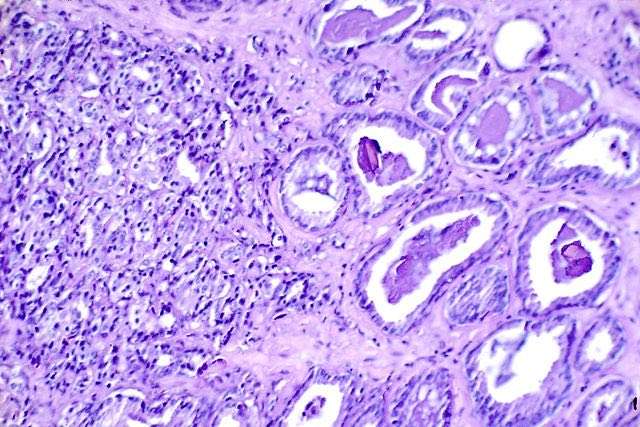American Teens Shun Alcohol and Cigarettes in Record Numbers
Alcohol and tobacco use by U.S. teens are at the lowest point in 40 years of tracking.

Jimmy Carter's quick cancer recovery in 2015 is part of a revolution in how doctors treat cancer – it's called Immunotherapy.
While the former president's medical staff used it to quickly and effectively treat his brain cancer, doctors in Texas report their work with immunotherapy and prostate cancer is letting more patients live longer with the disease.
Their process causes prostate cancer cells to self-destruct, leading to a 20% improvement in the number of patients surviving at least five years following treatment.
WANT MORE HOPE? …GET OUR NEW GOOD NEWS APP—> Download FREE for Android and iOS
Researchers combined traditional radiation therapy with what they called "suicide gene therapy" to get the results. The new process works by genetically altering the cancer cells so they alert the body's immune system to attack them. It's effectively a personalized cancer vaccine created with a patient's own cancer cells.
The immune system normally doesn't attack cancer cells because they evolve from existing, healthy cells already in the body, and the immune system can't tell them apart. Now it can.
Doctors at Houston Methodist Hospital in Texas tried the combined radiation-gene therapy on 62 patients. After five years, the survival rate was 97% for patients who'd been in early stages of prostate cancer and 94% for patients facing a more aggressive form of the disease. That's 20% better than average survival rates.
"We may be able to inject the agent straight into the tumor and let the body kill the cancer cells," Dr. Brian Butler said. "Once the immune system has knowledge of the bad tumor cells, if they pop up again, the body will know to kill them."
The work was supported by grants from the National Cancer Institute, the Houston Methodist Hospital Foundation and the General Clinical Research Center.
The researchers' study was published in the online issue of the Journal of Radiation Oncology (JRO).
(Photo: National Institutes of Health)
Give Your Friends A Healthy Dose Of Good News, Share This…
Be the first to comment